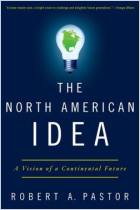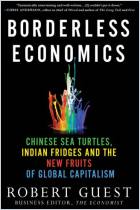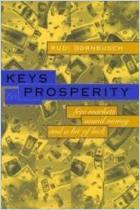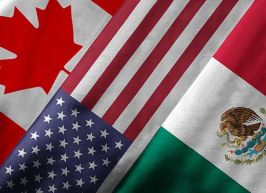
Read or listen offline
Amazon KindleRecommendation
The governments of Mexico and the United States may improve their relationship despite a long history of unease, including armed conflicts in the 1800s and early 1900s. Council on Foreign Relations senior fellow Shannon K. O’Neil believes that the 1994 implementation of the North American Free Trade Agreement (NAFTA) among Canada, Mexico and the United States economically strengthened all three countries and improved US-Mexico ties. Governmental reforms under former Mexican president Vicente Fox and judicial reforms still pending from former president Felipe Calderón augur well for Mexico’s future. Greater economic and social integration of Mexico and the US will bring the two countries closer. O’Neil’s scholarly discussion of the US-Mexico relationship is sufficiently comprehensive for analytical readers, yet lively enough to engage a broader audience. getAbstract recommends this detailed, stereotype-busting description of modern Mexico and its rising middle class to students, policy makers, investors, and those interested in immigration and related issues.
Summary
About the Author
Shannon K. O’Neil is a Council on Foreign Relations senior fellow for Latin American studies.




















Comment on this summary or Start Discussion